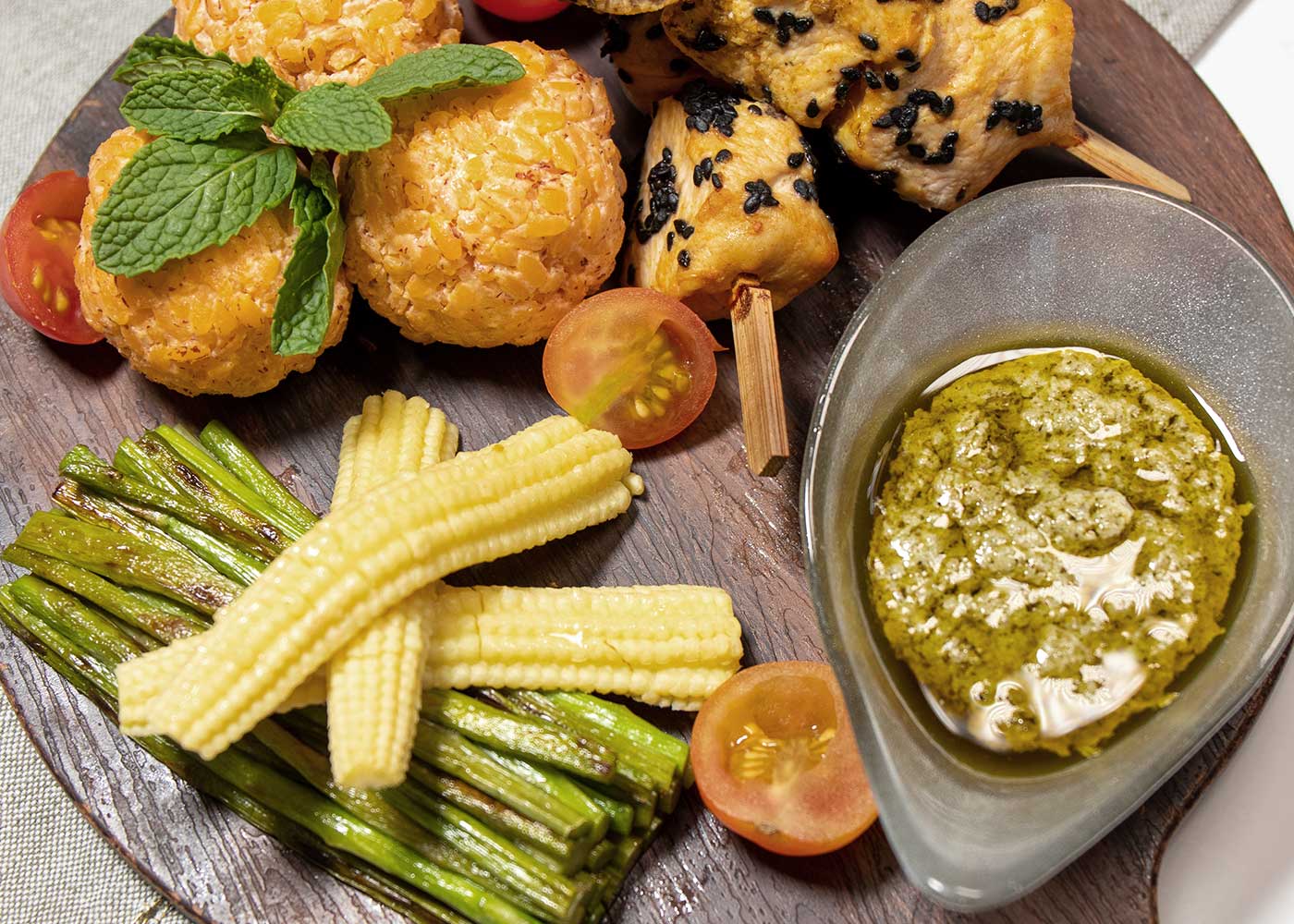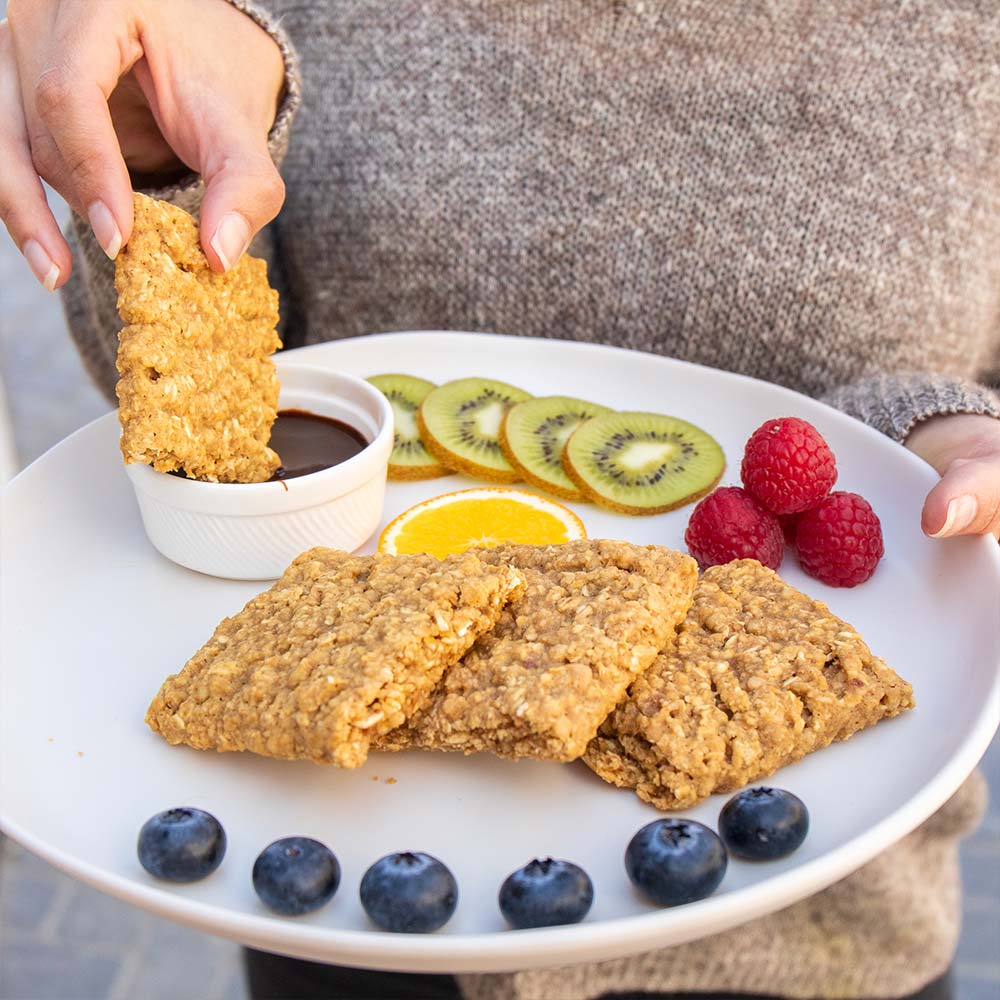Embarking on a muscle-building journey requires a
well-structured muscle
building diet plan. For those opting for a vegan lifestyle, questions often
arise about whether a plant-based diet can provide enough protein to support
muscle growth. This article explores the potential of a vegan diet in supplying
adequate protein for muscle gain, backed by up-to-date facts and figures.
Understanding Protein and Muscle Growth
The Role of Protein in Muscle Building
Protein is essential for muscle repair and growth. When you
exercise, especially through strength training, your muscles undergo
microscopic damage. Protein helps to repair these muscle fibers, making them
stronger and larger over time.
Daily Protein Requirements
According to the International Society of Sports Nutrition
(ISSN), individuals aiming to build muscle should consume between 1.4 to 2.0
grams of protein per kilogram of body weight per day. For vegans, achieving
this can seem challenging but is entirely feasible with proper planning.
Plant-Based Protein Sources
Legumes
Nutritional Profile
Legumes, including lentils, chickpeas, and beans, are rich
in protein, fiber, and essential micronutrients. For instance, a cup of cooked
lentils contains about 18 grams of protein.
Benefits for Muscle Growth
Legumes are not only protein-dense but also provide
carbohydrates, which are vital for energy. They also contain iron and zinc,
which are crucial for overall health and muscle function.
Nuts and Seeds
Nutritional Profile
Nuts and seeds, such as almonds, chia seeds, and hemp seeds,
are excellent sources of protein and healthy fats. A 28-gram serving of almonds
provides approximately 6 grams of protein.
Benefits for Muscle Growth
These foods are rich in omega-3 fatty acids, which help
reduce inflammation and support muscle recovery. They also offer magnesium,
important for muscle contractions and energy production.
Whole Grains
Nutritional Profile
Whole grains like quinoa, brown rice, and oats are good
sources of protein and complex carbohydrates. Quinoa, for example, offers about
8 grams of protein per cup.
Benefits for Muscle Growth
Whole grains provide sustained energy, which is essential
for prolonged workouts. They also deliver important vitamins and minerals, such
as B vitamins and magnesium, which support muscle metabolism.
Tofu and Tempeh
Nutritional Profile
Tofu and tempeh are soy-based products that are rich in
protein. A 100-gram serving of tempeh provides around 19 grams of protein,
while tofu offers about 8 grams.
Benefits for Muscle Growth
These foods are complete proteins, meaning they contain all
nine essential amino acids required for muscle repair and growth. They are also
versatile and can be incorporated into various dishes.
Vegan Protein Supplements
Importance of Supplementation
For those struggling to meet their protein needs through
whole foods alone, vegan protein supplements can be beneficial. These
supplements, made from sources like pea, rice, and hemp protein, can help
bridge the gap.
Pea Protein
Nutritional Profile
Pea protein is a popular choice among vegans due to its high
protein content and digestibility. A typical serving provides about 20-25 grams
of protein.
Benefits for Muscle Growth
Pea protein is rich in branched-chain amino acids (BCAAs),
particularly leucine, which is vital for muscle protein synthesis.
Hemp Protein
Nutritional Profile
Hemp protein offers a balanced profile of essential amino
acids and healthy fats. A serving typically contains around 15 grams of
protein.
Benefits for Muscle Growth
Hemp protein is also high in fiber, which aids digestion and
helps in maintaining a healthy gut, important for nutrient absorption.
Real-World Application: Crafting a Vegan Muscle Building Diet Plan
Meal Planning and Timing
Balancing Macronutrients
A well-rounded vegan muscle building diet plan should
balance protein, carbohydrates, and fats. Ensuring that each meal contains a
source of protein can help meet daily requirements.
Sample Meal Plan
Breakfast
Overnight Oats with Chia Seeds and Almonds: Combine oats,
chia seeds, almond milk, and top with almonds and berries. This meal offers a
good mix of protein, fiber, and healthy fats.
Lunch
Quinoa Salad with Black Beans and Avocado: Mix cooked quinoa
with black beans, chopped vegetables, and avocado. This dish is protein-rich
and provides healthy fats and complex carbohydrates.
Dinner
Stir-Fried Tofu with Brown Rice and Vegetables: Sauté tofu
with a variety of vegetables and serve over brown rice. This meal is high in
protein and essential nutrients.
Snacks
1. Hummus with Veggie Sticks: Hummus made from chickpeas offers
protein and fiber, paired with nutrient-rich vegetables.
2. Protein Smoothie: Blend pea protein powder with almond milk,
spinach, and a banana for a post-workout recovery shake.
Nutritional Strategies for Optimal Muscle Growth
Pre-Workout Nutrition
Consuming a balanced meal or snack 1-2 hours before
exercising can provide the necessary energy for an effective workout. A
combination of protein and complex carbohydrates is ideal.
Post-Workout Nutrition
The post-workout period is critical for muscle recovery. A
meal or snack containing protein and carbohydrates within 30-60 minutes
post-exercise can enhance muscle protein synthesis and replenish glycogen
stores.
Hydration
Adequate hydration is essential for overall health and
muscle function. Aim to drink at least 3-4 liters of water per day, and
consider electrolyte-rich beverages during intense workouts.
Overcoming Common Challenges
Protein Deficiency Concerns
One common concern is whether vegans can consume enough
protein for muscle growth. By including a variety of protein-rich foods and
possibly supplementing, vegans can easily meet their protein needs.
Digestibility and Absorption
Some plant-based proteins may be less digestible than animal
proteins. Combining different protein sources and including fermented foods
like tempeh can enhance protein absorption.
Practical Tips for Vegan Muscle Builders
Diversify Protein Sources
Incorporate a wide range of protein-rich foods to ensure a
complete amino acid profile. Mixing legumes, grains, nuts, seeds, and soy
products can help achieve this.
Monitor Progress and Adjust
Regularly track your dietary intake and muscle growth
progress. Adjust your diet as needed to ensure you are meeting your protein and
overall nutritional needs.
Stay Informed
Stay updated with the latest research and trends in vegan
nutrition and muscle building. This can help you make informed decisions and
optimize your diet for muscle growth.
Conclusion
Building muscle on a vegan diet is not only possible but can
be highly effective with the right approach. By incorporating a variety of
plant-based protein sources, balancing macronutrients, and paying attention to
meal timing, vegans can achieve impressive muscle growth. Crafting a well-structured
muscle-building diet plan, staying hydrated, and overcoming common challenges
are key to success. Embrace the power of plant-based nutrition and watch your
muscles grow stronger and healthier.






























